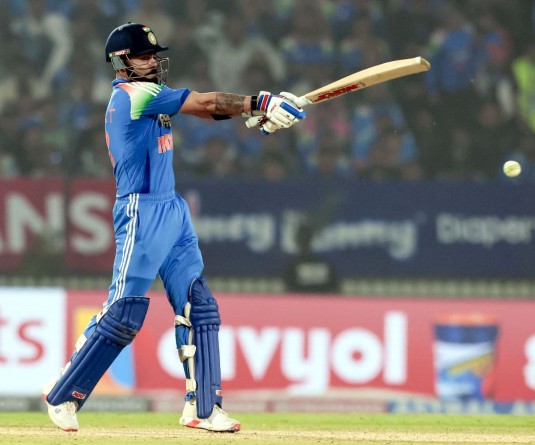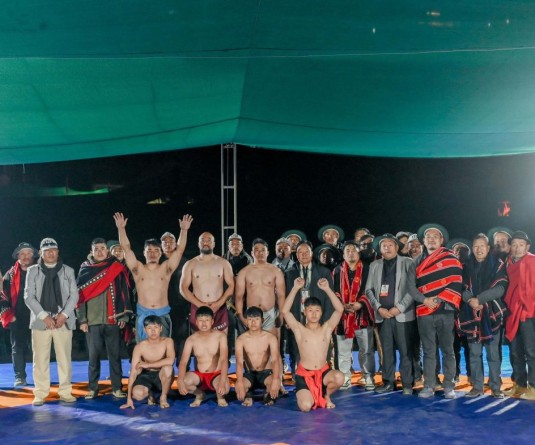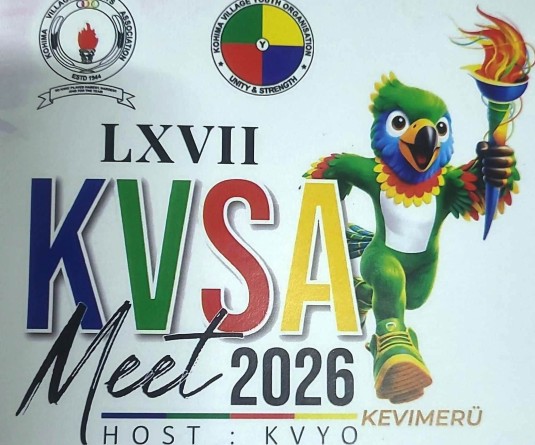Dubai: India's captain Suryakumar Yadav plays a shot during the Asia Cup cricket match between India and Pakistan at the Dubai International Cricket Stadium in the United Arab Emirates on Sunday, September 14, 2025. (Photo: IANS/Biplab Banerjee)
Dubai, September 19 (IANS) India and Pakistan are gearing up for their second clash in the Asia Cup Super Four on September 21, and the excitement comes with a mix of high tension, history, and a subplot that has fans buzzing—the handshake.
Their first encounter was far from the usual spectacle. An unusually sparse stadium reflected public unease after the tragic Pahalgam terror attack, with many questioning whether the match should have taken place at all.
Despite the backdrop, the game went ahead. India’s captain, Suryakumar Yadav, led his side to a comfortable win but notably skipped the customary handshake with Pakistan players afterward—a silent yet powerful statement amid heightened national sentiment. On the field, India dominated completely, while Pakistan struggled to mount any meaningful resistance.
Analysts had already predicted a subdued hype due to Pakistan’s inconsistent form and fragile lineup. As the teams prepare for their second showdown, the story remains largely the same: India are the favourites, while Pakistan will need a near-perfect performance to turn the tide.
Even in a predictable contest, fans won’t look away. India-Pakistan clashes are about more than runs and wickets—they carry decades of rivalry, national pride, and high-stakes drama. Every ball, wicket, and over fuels debates, memes, and social media engagement worldwide.
The handshake watch
All eyes will be on the handshake this time. In the first match, Team India deliberately skipped the customary post-match handshake with Pakistan players, making headlines worldwide. Now, as the two sides meet again, the gesture—or lack of it—has become a subplot in itself. Will India maintain the boycott or not? Fans, analysts, and former cricketers are already weighing in, while social media is abuzz with predictions, debates, and memes.
Last match recap
India restricted Pakistan to 127/9, with Kuldeep Yadav (3/18), Axar Patel (2/18), and Jasprit Bumrah (2/28) dismantling the batting lineup. Abhishek Sharma (31 off 13) and Suryakumar Yadav (47*) powered India to a 7-wicket win in just 15.5 overs, placing them firmly atop Group A.
Squads
India: Suryakumar Yadav (C), Shubman Gill (VC), Sanju Samson (WK), Abhishek Sharma, Tilak Varma, Rinku Singh, Hardik Pandya, Shivam Dube, Kuldeep Yadav, Axar Patel, Jitesh Sharma (WK), Harshit Rana, Arshdeep Singh, Varun Chakravarthy, Jasprit Bumrah
Pakistan: Salman Ali Agha (C), Abrar Ahmed, Faheem Ashraf, Fakhar Zaman, Haris Rauf, Hasan Ali, Hasan Nawaz, Hussain Talat, Khushdil Shah, Mohammad Haris (WK), Mohammad Nawaz, Mohammad Waseem Jnr, Sahibzada Farhan (WK), Saim Ayub, Salman Mirza, Shaheen Afridi, Sufyan Moqim
Asia Cup History
India: 8 titles (1984, 1988, 1990/91, 1995, 2010, 2016 T20I, 2018, 2023)
Pakistan: 2 titles (2000, 2012)
Super Four Stage Format
The Super Four follows a round-robin format, with each team facing the others once. The top two teams advance to the final.
Points: two for a win, one for a no-result. Net run rate decides ties.
Whether it turns into another dominant win for India or a rare upset for Pakistan, this clash is more than a game—it’s history, tension, cricketing skill, and the drama of a handshake that everyone will be watching.





